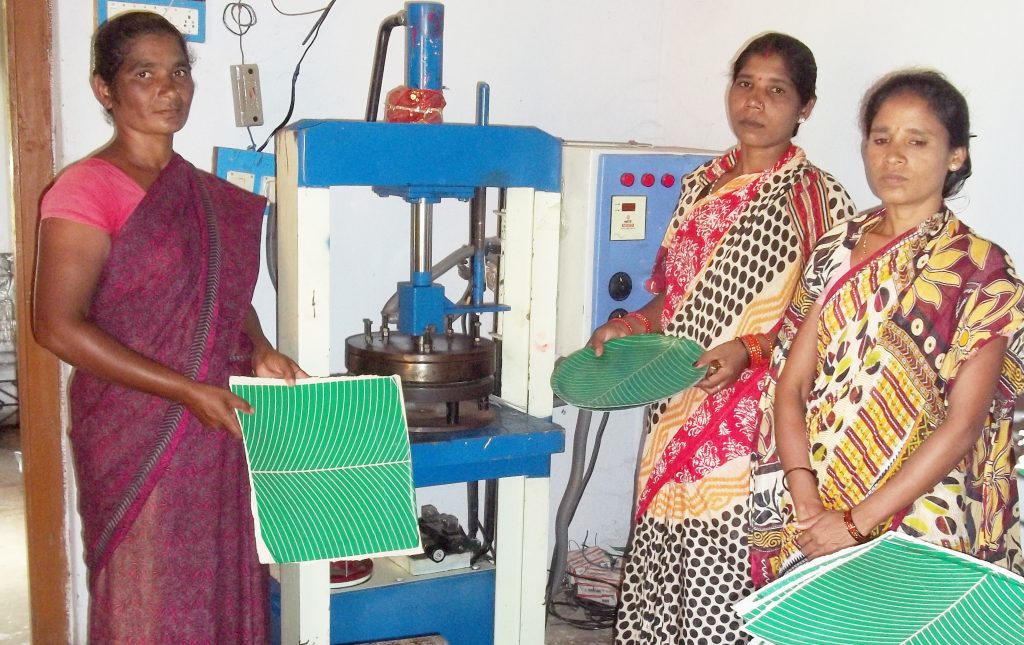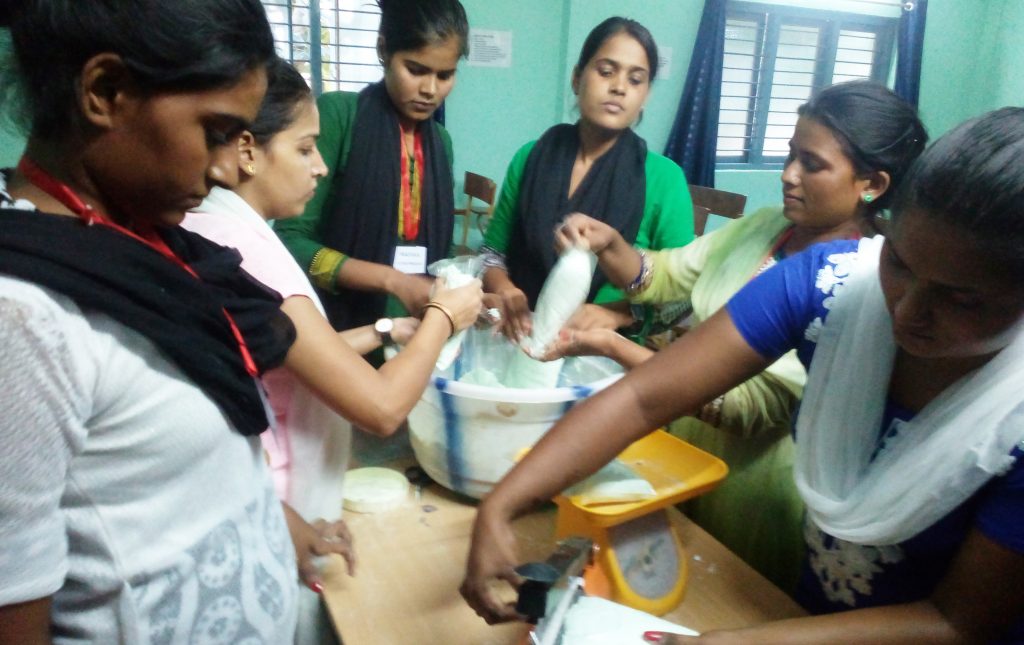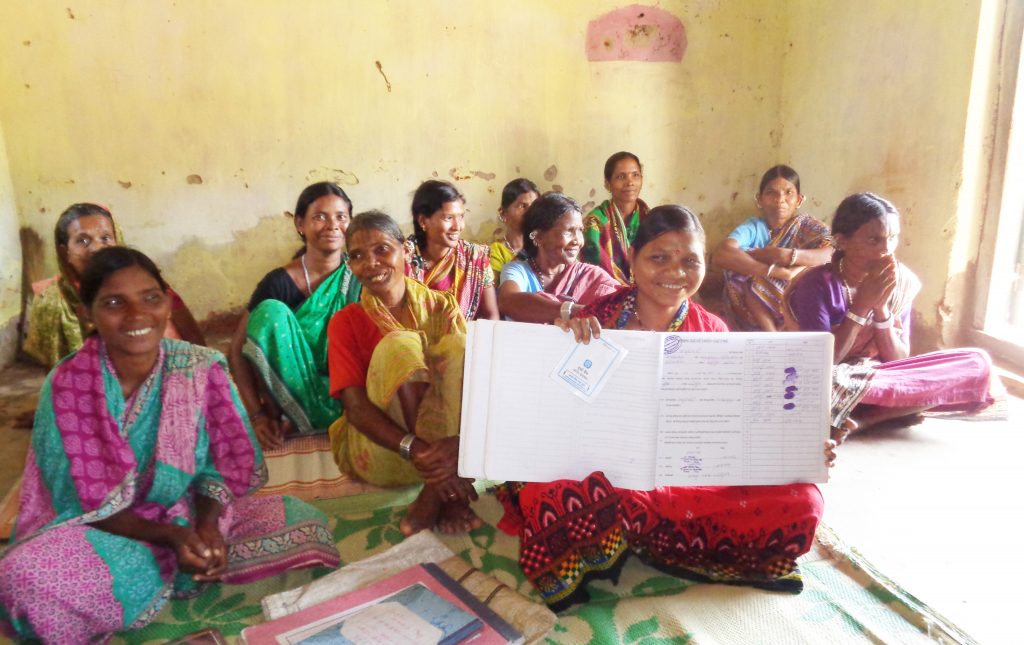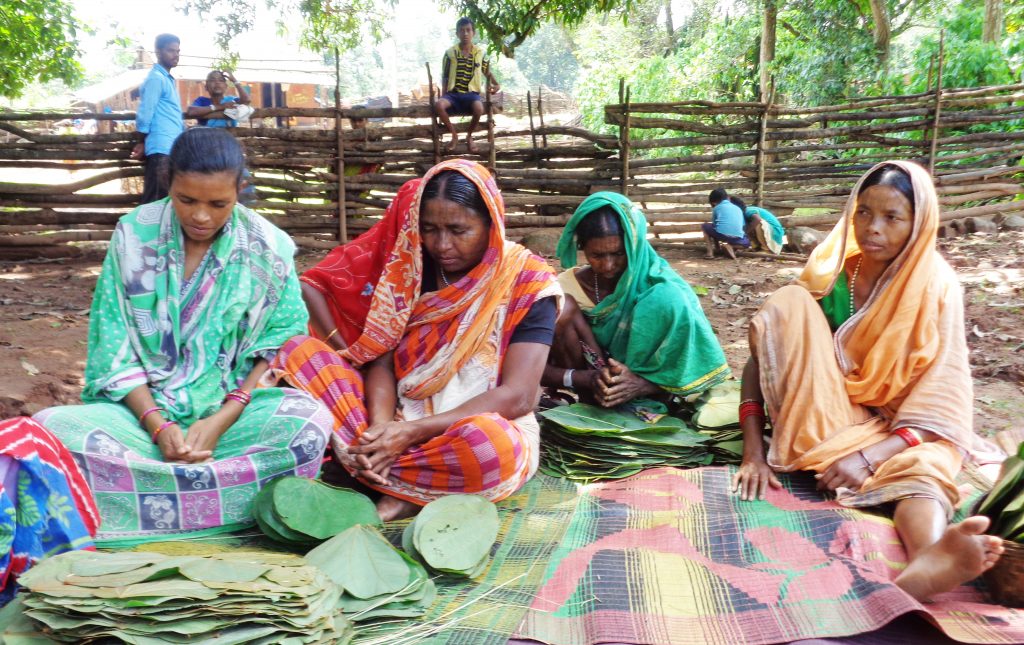animal husbandary
In rural India, the wealth of the people is gauged on the basis of the number of cattle, buffaloes, sheep, and goats. Therefore, the small and marginal farmers, as well as landless people, will have a small unit of dairy animals and sheep. However, they do not know how to give proper fodder, nor do they employ modern practices of animal husbandry. As part of the training, we give tips on raising dairy animals, sheep, and goats. These courses are generally conducted by animal husbandry experts from the Agriculture and Veterinary Universities. We also have training and demonstration for raising chicken, ducks, rabbits, and pigeons.




